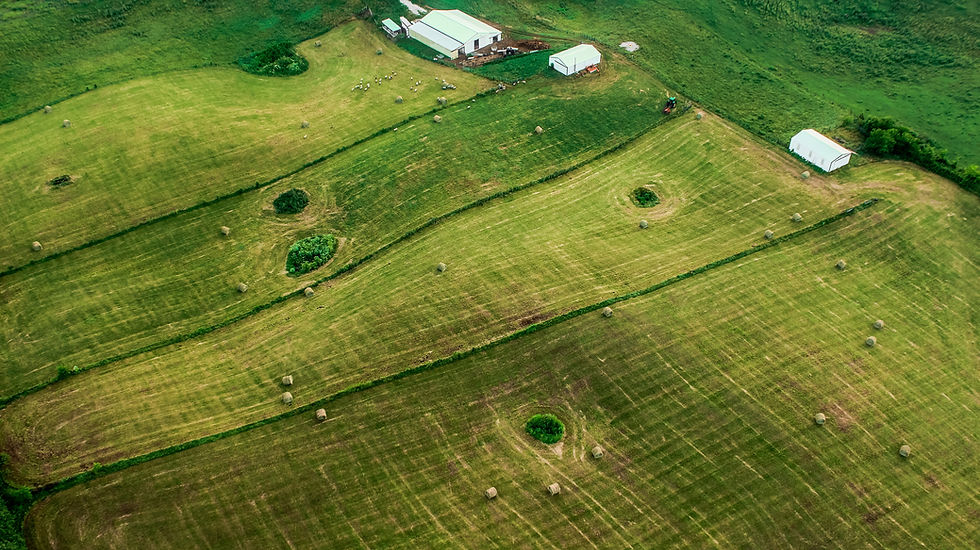
A group of scholars and practitioners representing the fields of religion, politics and diplomacy came together on October 5 – 6 at Carnahan House of the University of Kentucky in Lexington, to explore the newly emerging field of faith-based diplomacy. Sponsored by the International Center for Religion and Diplomacy (ICRD) in Washington DC and the Patterson School of Diplomacy at the University of Kentucky, the consultation sought to play a role in advancing scholarship in a field that seeks to integrate religious faith with the practice of statecraft. The participants were welcomed by Dr. John Stempel, Director of the Patterson School of Diplomacy and one of the conveners of the consultation.
The Reverend Brian Cox, ICRD’s Vice President of Dispute Resolution Training and also one of the conveners of the consultation, shared in his opening presentation that one of the characteristics of faith-based diplomacy is “its reliance on a transcendent framework of logic and analysis informed by sacred texts that depart from the traditional rational actor model”.
Participants included adherents of Judaism, Christianity and Islam. Representing the United States, Europe, Africa, Asia and the Middle East, they included Dr. Douglas Johnston, ICRD’s President; Richard Ruffin, Executive Director of Moral Rearmament; Professor Washington Okumu, who was a key factor in the South African peace accord with Nelson Mandela, F.W. deKlerk and Gatsha Buthelezi; Former Ambassador Robert Seiple, the first U.S. Ambassador of International Religious Freedom; Professor Scott Appleby, Director of the Kroc Institute of Peace Studies at Notre Dame; Dr. Abubakr al-Shingieti, former political advisor to President Bashir of Sudan; Dr. Haneef Ramay, former Chief Minister and Speaker of the Assembly in Punjab, Pakistan and Professor Glen Stassen of Fuller Seminary.
Meeting in the sobering post-September 11 context, Ambassador Robert Seiple described that day as “a defining moment of history in which the new paradigm shaping the international community will be a primacy upon security.” Each of the presentations and the ensuing plenary discussion underlined the ambiguous role of religion in international affairs and underscored the important contributions to be made by people of faith to peacemaking and reconciliation.
I would like to know if such a meeting will be organised again in the near future. What work has been going on behind the scenes?